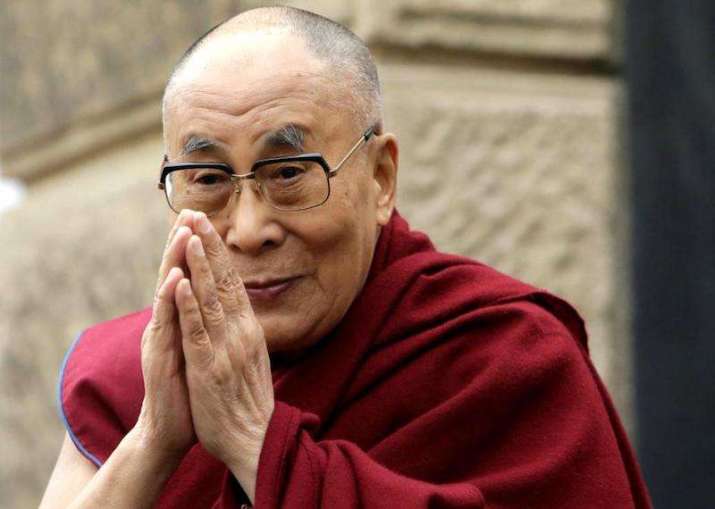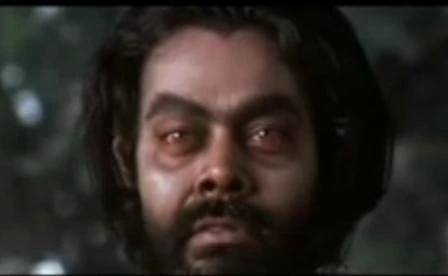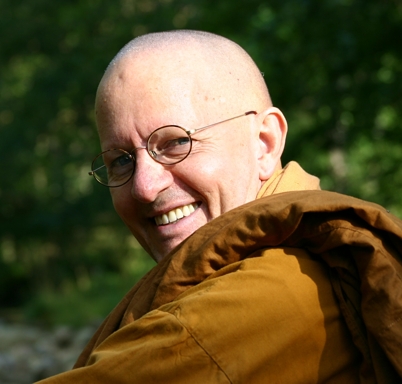(I'm re-posting this item from last year as an annual reminder to "keep the ball rolling").
For some time now I have been emailing out regular weekly mindfulness/meditation exercises to the members of the West Wight Sangha and to other friends and associates. At the New Year I introduced an additional Daily Mindfulness Exercise and post a reminder of this with each weeks email.
Quite simply, the exercise is to pick up and dispose of one piece of litter every day.
Obviously this is an environmentally useful activity in its own right and has a number of merits, but how can it be considered a mindfulness exercise?
It is so easy to rush through life without stopping to notice much.
Paying more attention to the present moment – to our own thoughts and feelings, and to the world around us – can improve our mental wellbeing.
This awareness is what we call "mindfulness". Mindfulness can help us enjoy life more and understand ourselves better. We can take steps to develop it in our own lives but there is one vital element that underpins this kind of mental activity and that is the need to REMEMBER to be mindful.
This is where the use of regular exercises comes in, essentially we commit to carrying out a task, we have a job to do. For the purpose of developing our ability to be mindful these tasks should not be overly complicated and there should be a clear trigger, a predefined set of circumstances, to initiate our focused awareness of the task.
One of our weekly exercises, and one of my favourites, is to notice the colour blue. Sounds simple but you quickly become aware of how rare, especially in the countryside, this colour is. There are two elements here, you can be mindfully looking for the colour blue or your mindfulness is triggered by seeing the colour blue. Just swap litter for blue objects and you can see the benefit of the litter pick exercise.
It’s also a good idea to tell other people what you are doing, people do look and wonder..... so tell them. Here on the Isle of Wight we have a population of 139,000. Even halving this to allow for the too youngs, too olds, too infirmeds and, sadly, the don’t cares still leaves the potential for the best part of 70,000 pieces of litter to be removed from our beautiful island EVERY DAY and every day works out to a staggering TWO AND A HALF MILLION PIECES OF LITTER REMOVED EVERY YEAR. So the more people you can get interested the better.
You can also beef up the remembering element of the exercise by keeping a tally of days missed, it will happen, and making a personal promise to pick up the missed number of pieces of litter the next opportunity you have.
The environmental point of this task is to get us working at creating a cosy home for all of us in this world. After all, the world is our home. Trying to define home as only the space we live in every night only serves to segregate and not unite us. Recognise that our home extends beyond just those physical walls and every ground we walk on, every neighbourhood we walk in, every district we step into, etc. should be considered our home, too.
The problem with litter is that the more there is, the more it generates. If people see litter all over the place, they see no reason why they shouldn't add to it. Why should they bother to look for a bin when nobody else does? What difference to the general scene would one more sandwich wrapper make?
But think what difference one less wrapper makes and then another one less and another and another........................













:max_bytes(150000):strip_icc()/balance-56a0c4985f9b58eba4b3a68a.jpg)











